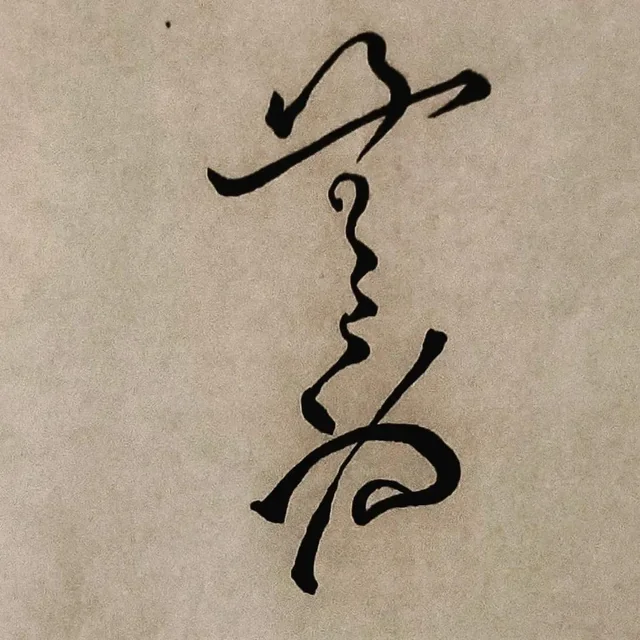
一六一 愚 昧
每當有人問起大師的開悟經驗,他總是沉默不語。但弟子們仍挖空心思想問出個名堂來。
他們所打聽出來的資料,只有一次:當大師的幼子問起他父親開悟時的感受,大師的答覆是:「一個笨蛋。」
當這孩子探問原因,大師答道:「這就好比一個人攀上梯子,搗爛窗戶,費九牛二虎之力爬進屋子之後--才發現屋子的大門正敞着。」
INSANITY
On the question of his own enlightenment the Master always remained reticent, even
though the disciples tried every means to get him to talk.
All the information they had on this subject was what the Master once said to his
youngest son who wanted to know what his father felt when he became enlightened. The
answer was, “A fool.”
When the boy asked why the Master had replied. “Well, son, it was like going to great
pains to break into a house by climbing a ladder and smashing a window — and realizing
later that the door of the house was open.”





 一六0 莽 撞
一六0 莽 撞
